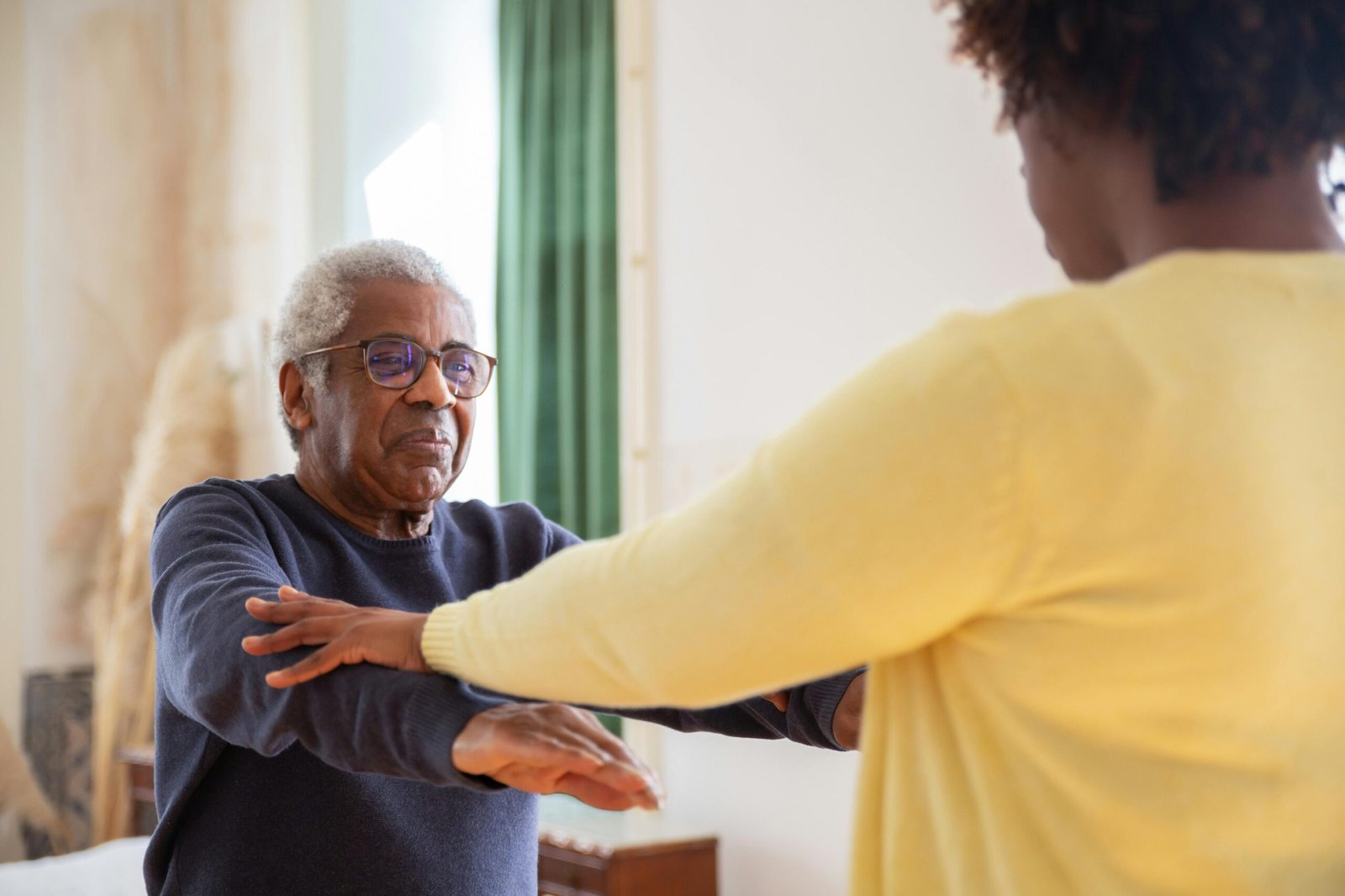The Role of Social Support in Stroke Rehabilitation - How to Assist a Loved One in Rehabilitation by Creating a Healing at home environment.
Stroke recovery is a complex and multifaceted process that extends beyond physical rehabilitation to encompass psychological well-being and social reintegration.
The ordinary approach towards stroke recovery rehabilitation focuses primarily on reducing somatic symptoms in order to regain physical function for daily activities. However this impairment-based approach underemphasizes the critical role of support system provided by family and friends in the rehabilitation outcomes of stroke survivors, not only on the physical but also psychosocial level.
Home environment rehabilitation and its impact on rehabilitation
Even though ordinary rehabilitation focuses primarily on physical recovery, home environment, characterized by familiar surroundings and supportive relationships, plays a vital role in the rehabilitation outcomes of stroke survivors.
The familiar home setting allows patients to set and pursue their own rehabilitation goals, leading to more personalized and effective recovery plans. Moreover, integrating this approach with an at-home rehabilitation process conducted by a multiprofessional team can significantly enhance the patient's ability to perform daily activities and reduce the risk of functional deterioration. (1)
Psychological well-being and its role in holistic recovery
Despite the fact that the main goal of rehabilitation is to regain daily function and therefore allow survivors to enhance their independence in activities of daily living, it is crucial not to omit the meaning of social support and its role in rehabilitation experience as well as psychological well-being of a patient.
It is indicated that patients who receive consistent and positive support from their social networks experience lower levels of depression and anxiety, contributing to higher levels of overall well-being and quality of life. Moreover, the involvement of family and friends in rehabilitation efforts can facilitate better adherence to therapy regimens and more personalized care, further optimizing recovery outcomes. (2,3)
The crucial role of social support and community participation
The community participation can lead to the positive impact for the outcome of rehabilitation since the influence of social support is multifaceted. It not only aids in the practical aspects of daily living and rehabilitation but also provides emotional stability and motivation, which are crucial for overcoming the challenges posed by stroke. Therefore the incorporation of a supportive social environment in the process of rehabilitation can transform the rehabilitation experience, promoting not only physical recovery but also psychological resilience and social reintegration.
Nurturing environment for enhanced results
Emotional support of loved ones is a paramount factor for positive reinforcement of rehabilitation process that can lead both to improvement in physical recovery of the survivor and also to the improved psychosocial well-being. Therefore the key to creating the most nurturing and supporting environment both for physical as well as psychological recovery is the active participation and contribution of family members in the rehabilitation process that creates emotional, practical and social support for best possible outcomes.
- https://academic.oup.com/ptj/article/87/6/778/2747255 https://www.frontiersin.org/journals/neurology/articles/10.3389/fneur.2019.01013/full
- https://bmcpsychology.biomedcentral.com/articles/10.1186/s40359-018-0223-6





